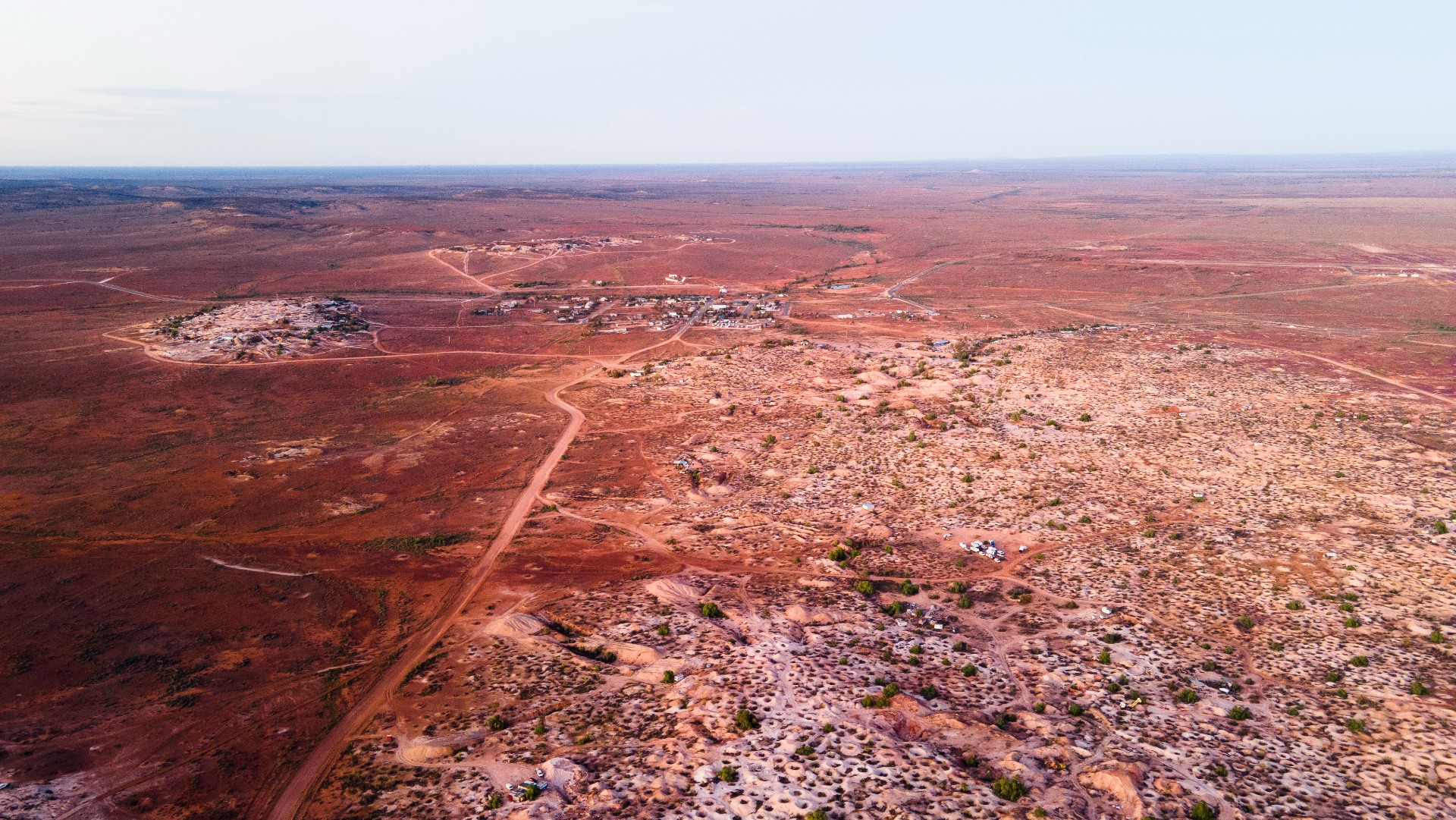Mining company apologises for losing potentially deadly radioactive capsule
‘Needle-in-a-haystack search’ underway in Western Australia covering hundreds of miles

A free daily email with the biggest news stories of the day – and the best features from TheWeek.com
You are now subscribed
Your newsletter sign-up was successful
Mining giant Rio Tinto has apologised for losing a highly radioactive capsule in the Australian Outback, which has sparked a health emergency and huge search operation.
The tiny silver capsule measuring just 8mm by 6mm – roughly the size of a penny – is believed to have fallen off the back of a truck while it was being transported from a mine in the remote Kimberley region, in the north of Western Australia, to a storage facility in Perth.
Emergency services are scouring the 870-mile route amid fears the capsule could have become lodged in a car tyre and carried even further away from the already massive search area.
The Week
Escape your echo chamber. Get the facts behind the news, plus analysis from multiple perspectives.

Sign up for The Week's Free Newsletters
From our morning news briefing to a weekly Good News Newsletter, get the best of The Week delivered directly to your inbox.
From our morning news briefing to a weekly Good News Newsletter, get the best of The Week delivered directly to your inbox.
Part of a radiation gauge used in the mining industry to measure the density of iron ore feed, the capsule contains a radioactive isotope, Caesium-137, which emits radiation equivalent to receiving ten X-rays an hour.
Caesium-137 contaminated much of the area around the Chernobyl nuclear power plant in what is now Ukraine following a reactor meltdown in 1986. It was similarly found in trees, soil and mushrooms following the Fukushima nuclear disaster in Japan in 2011.
“Long-term exposure could cause cancer, but experts say the capsule cannot be weaponised,” reported The Times.
Western Australia’s chief health officer Andy Robertson warned close contact could also cause skin damage, including burns, as well as impact the immune and gastrointestinal systems.
A free daily email with the biggest news stories of the day – and the best features from TheWeek.com
News of the “lethal” capsule’s disappearance has unsurprisingly “triggered panic”, said Firstpost.
Despite the risk to the general community remaining “relatively low”, according to Sky News, a radiation alert across Western Australia remains in place and authorities have told people to stay at least five metres away should they discover the capsule.
The Times described it as a “needle-in-a-haystack search” involving “multiple agencies using specialised equipment to scan for radiation levels from the device along roads used by the vehicle, with officials indicating that the entire 870-mile route may have to be searched”.
ABC News reported that “it could take weeks to finish covering the potential search area, and even then, there’s no guarantee it will be found”.
This could prove hugely problematic as the “capsule has a half-life of 30 years, which means it will be somewhat radioactive for the next 300 years”, Dale Bailey, professor of medical imaging science in the Faculty of Medicine and Health at the University of Sydney, told the Australian broadcaster.